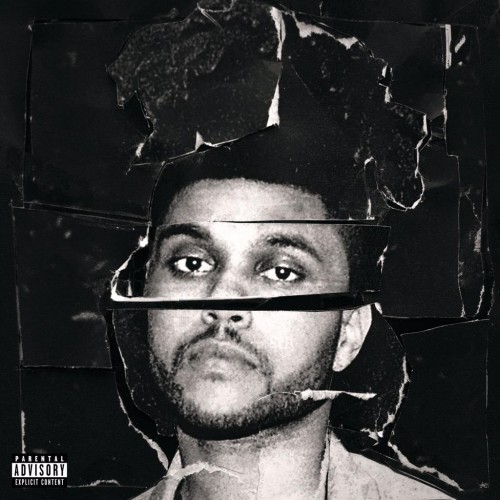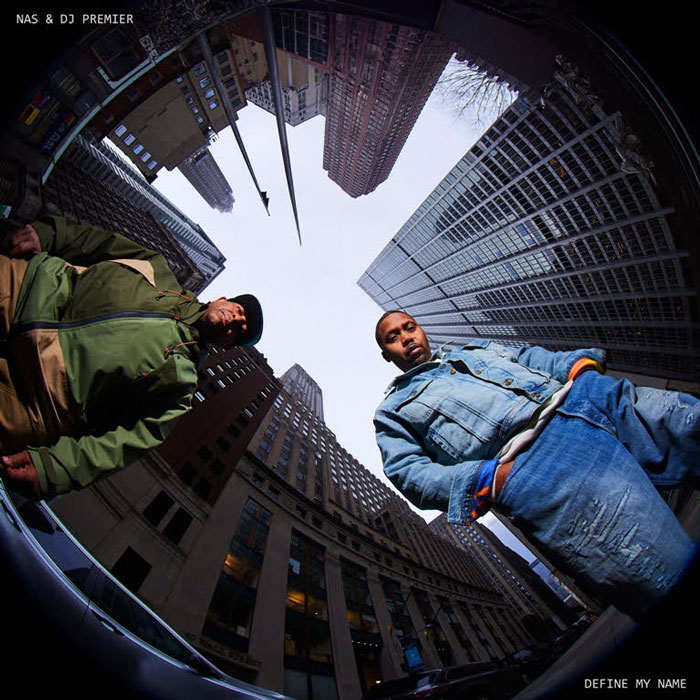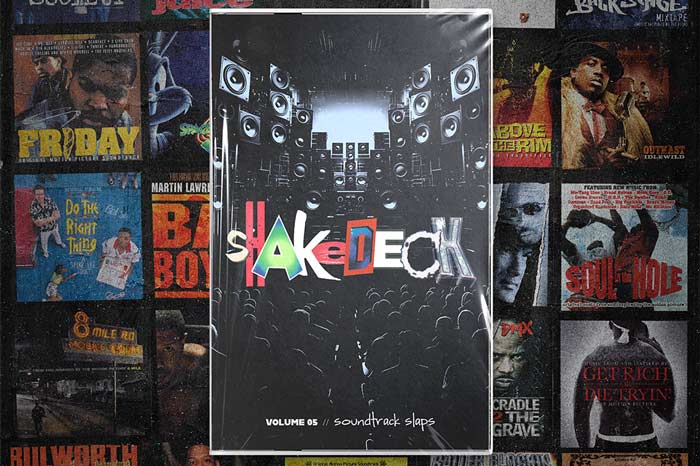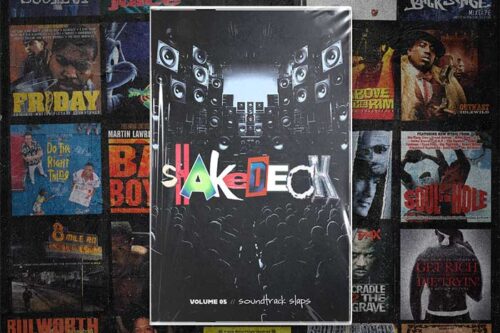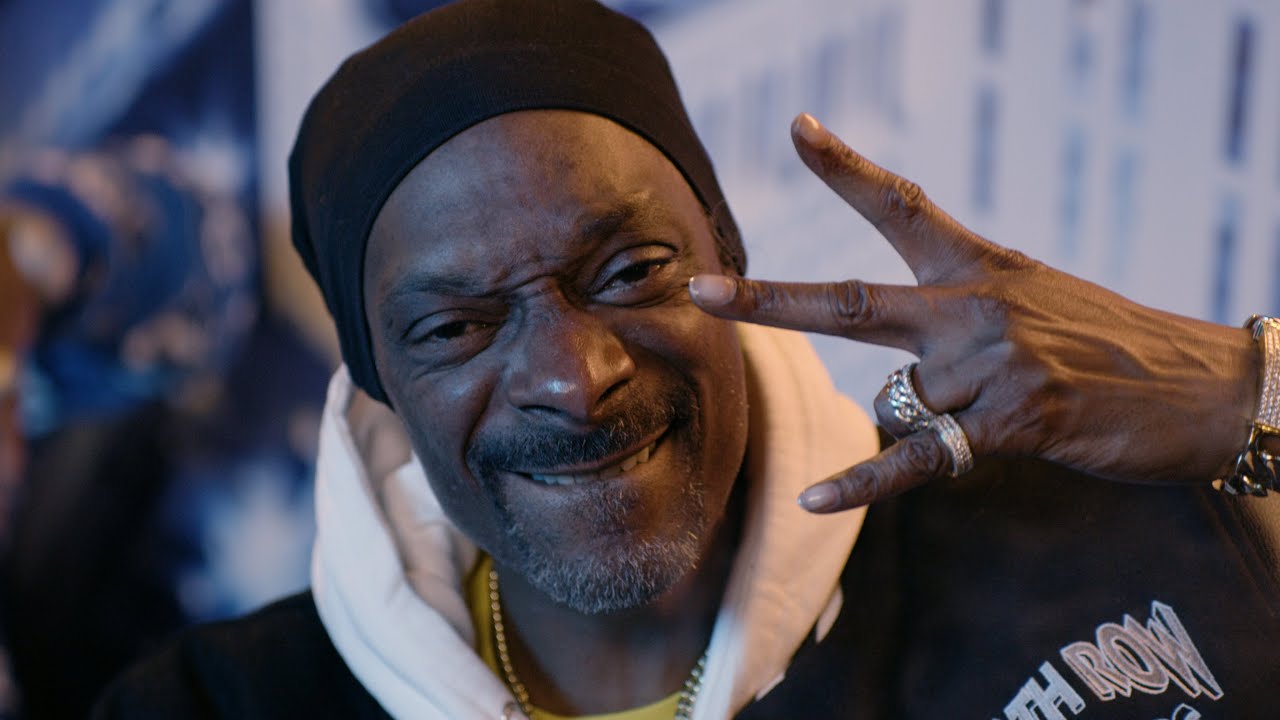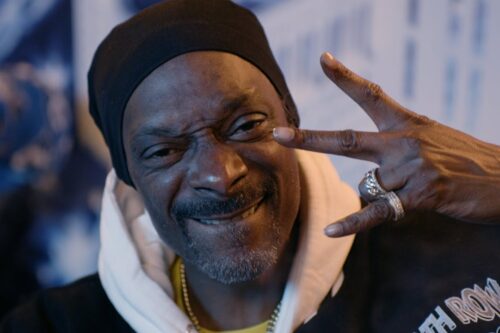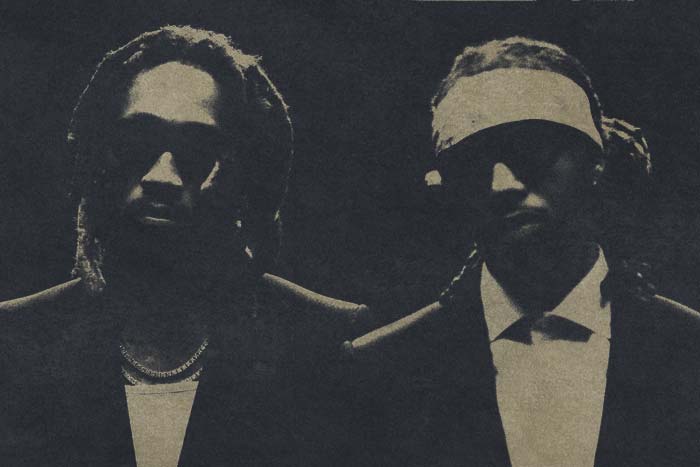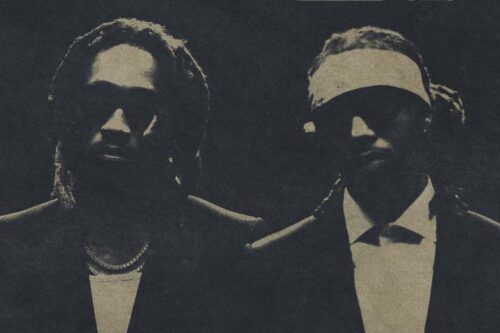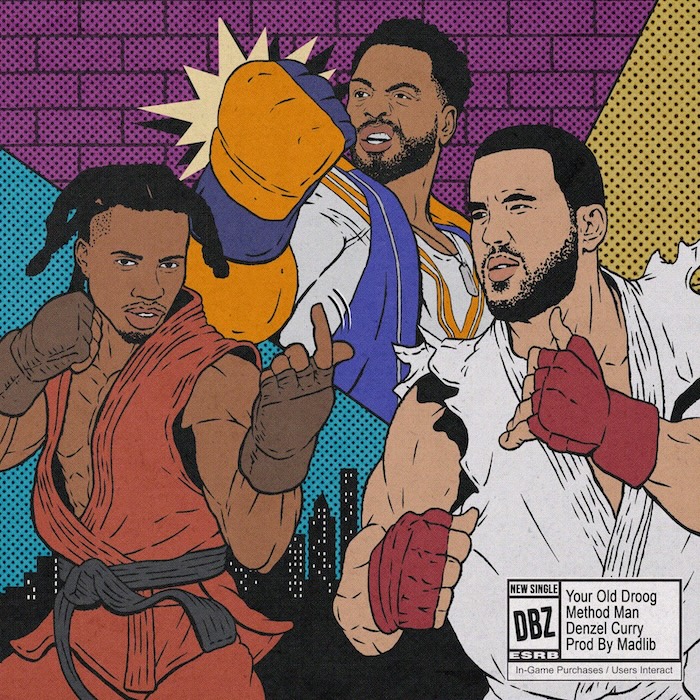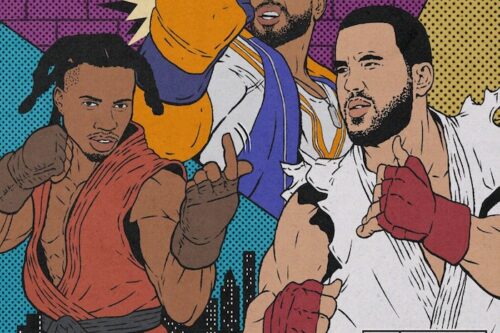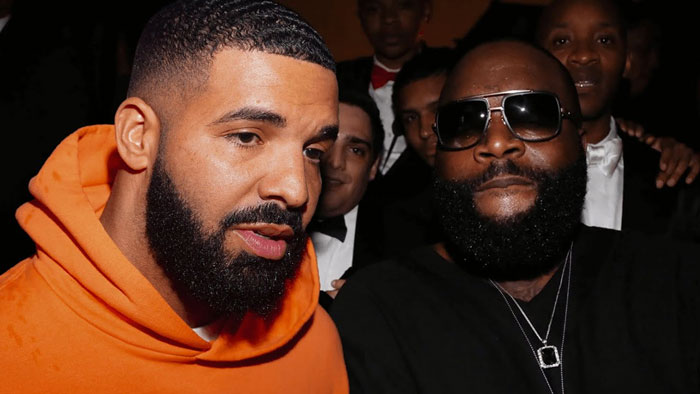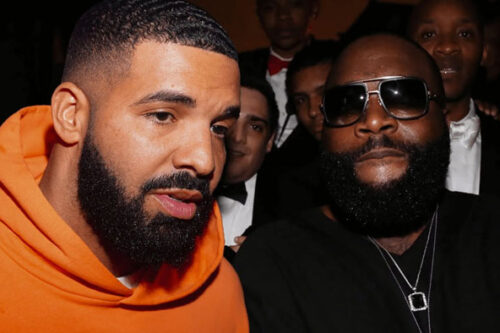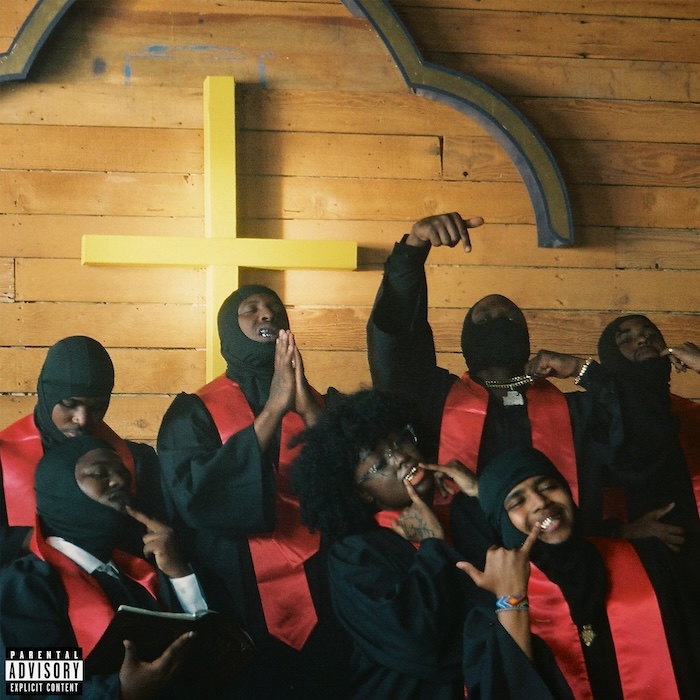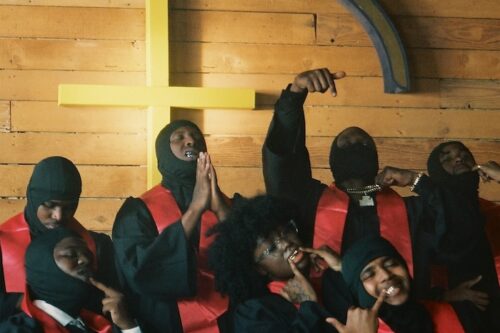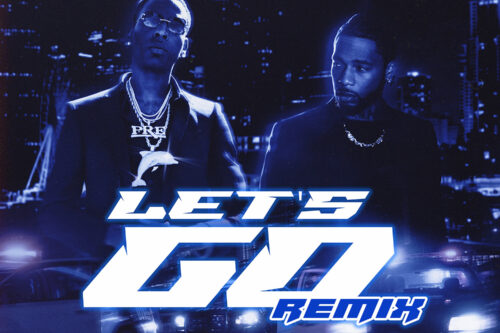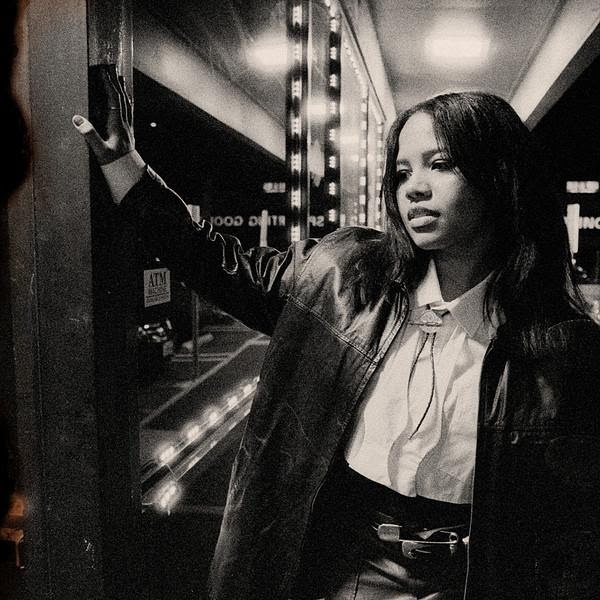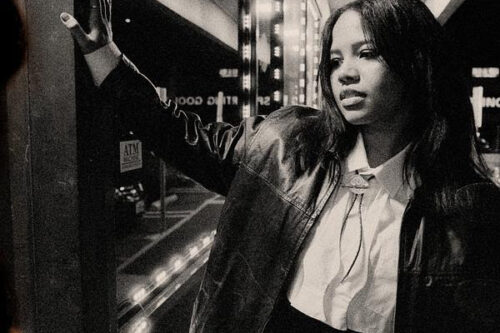
In an alternate universe, The Weeknd is content with his fame. Love comes naturally to him, and when push comes to shove, he gives the woman the benefit of the doubt when he makes the less popular decision of not pursuing his feelings. But we live in the only reality we know, and Abel Tesfaye’s pseudonym hasn’t gotten his life together. And unfortunately for the Canadian crooner, this instability, along with his inconsistent soundscape and musical direction, hasn’t really allowed him to put together a cohesive record.
In 2011, Tesfaye released three introductory mixtapes–House of Balloons, Thursday and Echoes of Silence–under the name The Weeknd. He showed great promise with his heavy R&B sounds paired with his Michael Jackson-esque voice and pitch. Outside of the voice, though, there wasn’t much reason for the comparisons. Their sound was completely different. Abel thrived on deep bass, synthesizers and a muddled thought process that didn’t match traditional pop radio, while Michael… Well, for the most part, was the complete opposite.
Kiss Land, released in 2013, was essentially a continuation of the drug-induced, sex-crazed themes from The Trilogy – with an added polish to appeal to the masses. None of the SIX singles released reached Billboard’s Hot 100 (including the Drake-assisted “Live For”), but The Weeknd’s debut has still managed to sell over a quarter of a million copies to date – evidence of how deep the man’s fan base has become. Despite the album’s relative commercial success, Kiss Land still didn’t sit well with me. The themes remained dark, but The Weeknd sounded generic and regressive in his personality.
The album felt aimless.

Beauty Behind the Madness takes a complete 180º turn in its pop-audience appeal, but the content and production still feels without direction.
“Often” and “The Hills,” two of the first sounds heard from the album, thrive in Abel’s ability to stay honest to himself yet make the harsh reality of “when I’m fucked up, that’s the real me” an acceptable and palpable expression. “Can’t Feel My Face,” which is the front runner for Song Of The Summer, takes the Michael Jackson comparisons to new heights, resulting in the most radio-ready song The Weeknd’s ever made. Beauty Behind the Madness is riddled with individual moments of “holy shit, he’s finally developing into the R&B pop star we thought he would.” But just because there are moments of stardom, it doesn’t mean they smooth over any bump that may come in the road. Outside of the radio hits, Beauty Behind the Madness falls back into the pity party The Weeknd has created for himself over the last four years.
Song themes, outside of sex and drug use, often consist of how he’s the victim of a female’s recklessness or wanted love, thus making him turn into a person he doesn’t want to be. At times, he shows progression and accepts this. Abel’s character, for the most part, has been an asshole when it comes to love. On Echoes of Silence‘s “Next,” he used to hook up with girls for fun, but knew it would never work out because of his numbness to love. On one of his biggest songs pre-BBTM, “High for This,” he’s using a girl for sex and wants her to acknowledge she’s there for the same thing – only to finish the same album mad that this woman told her friends about their encounter.
The Weeknd doesn’t handle fame well, and that causes an inconsistency in his thought process. He’s fine with having sex with whoever, whenever, but once his dirty little secret is out of the bag, he crawls back in the hole he dug for himself, with a bottle and a joint waiting to be lit. Then, on the Kanye West-produced “Tell Your Friends,” he suddenly wants to flaunt his lifestyle. “Don’t believe the rumors, I’m still a user,” he sings, now insisting the girl he’s seeing tell her friends about the type of dude she’s hooking up with.

In-between the bright spots and moments of honesty, The Weeknd looks for compassion in a torn lifestyle of self-inflicted depression and fame. He shares a conceited struggle by sharing the story of a woman who doesn’t immediately want to fuck him on “Acquainted,” but he’s happy they know each other now so they can hook up once she changes her mind. He later enlists innocent bad boy Ed Sheeran for an attempted duet discussing their depression and not being able to be loved for who they are, only to follow with “Prisoner,” where The Weeknd and Lana Del Rey compliment each other’s addictions – be it the drugs, alcohol, sex or relationships – knowing they will be each other’s downfall. The only sort of consistency from The Weeknd is a steady dose of asking for people to feel sorry for him. One song he’s accepting his stone-faced, brash mood toward love, only to fall back into his addictions and blame the fame and drugs for the his closed heart. This is a character who, over the last four years, hasn’t found a direction within himself, nor his music, to make himself a better person, or hell, stay the man he is. He’s just aware of the person he’s been and hasn’t made strides to change. When the character can’t gain a consistent way of thinking, the music and personality struggle to follow.
Moments on the album, Abel takes on heavy ballad rock elements like he did on “Shameless.” The next, he returns to the fluttering synthesizer sound similar to “Wanderlust” on the empty “In the Night.” He experienced an out-of-character groove on “Can’t Feel My Face,” along with infectious production on “Losers,” but then the album dulls with bland production as Abel regresses into the search for sympathy on songs like “Angel” and “Dark Times.”
It’s clear The Weeknd has developed the ability to capture the world’s ear. The problem is the singles that show progression aren’t powerful or transitive enough to convince the audience of any real evolution. The rest of the album feels like the same old Weeknd before the next recognizable, made-for-radio moment of hope and change pops up.
With Beauty Behind the Madness, The Weeknd has found the commercial success he wanted, but he hasn’t developed the consistency he needs to make it worthwhile.
